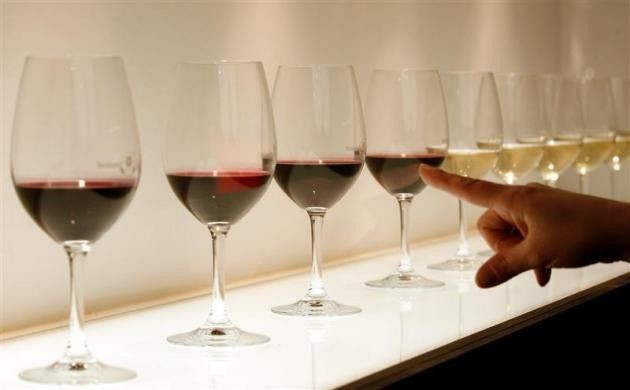Cheap Wine Can Taste Good With Placebo, Studies Show

Researchers found that an individual’s pre-conceived concept can change the chemical reaction of the brain to suit the given perception even if it is not actually true. This result was yielded after consumers rated cheap wine highly just by making them think that it was expensive.
"Studies have shown that people enjoy identical products such as wine or chocolate more if they have a higher price tag," noted study authors Hilke Plassmann (INSEAD) and Bernd Weber (University of Bonn). "However, almost no research has examined the neural and psychological processes required for such marketing placebo effects to occur."
The study published in the Journal of Marketing Research involved a brain scan using Magnetic Resonance Imaging, or MRI, while the study participants drank five types of wines. The value of the wines were declared as $90, $45, $35, $10, $5, but in reality, there were only two types of wine at different prices. Additionally, the researchers also looked into the positive and negative reactions of the participants to milkshakes labelled “organic” or “light.” Both experiments show that individual prejudices in terms of price and taste affect how they rated the products and how their brain activities were recorded in the MRI.
The differences yielded from the MRI results are linked with the personality traits of the participants. The researchers discovered that prejudices highly dictate individuals with compelling reward-seeking and low self-awareness behaviours. "Understanding the underlying mechanisms of this placebo effect provides marketers with powerful tools,” the authors said. “Marketing actions can change the very biological processes underlying a purchasing decision, making the effect very powerful indeed."
To contact the writer, email rinadoctor00@gmail.com.





















